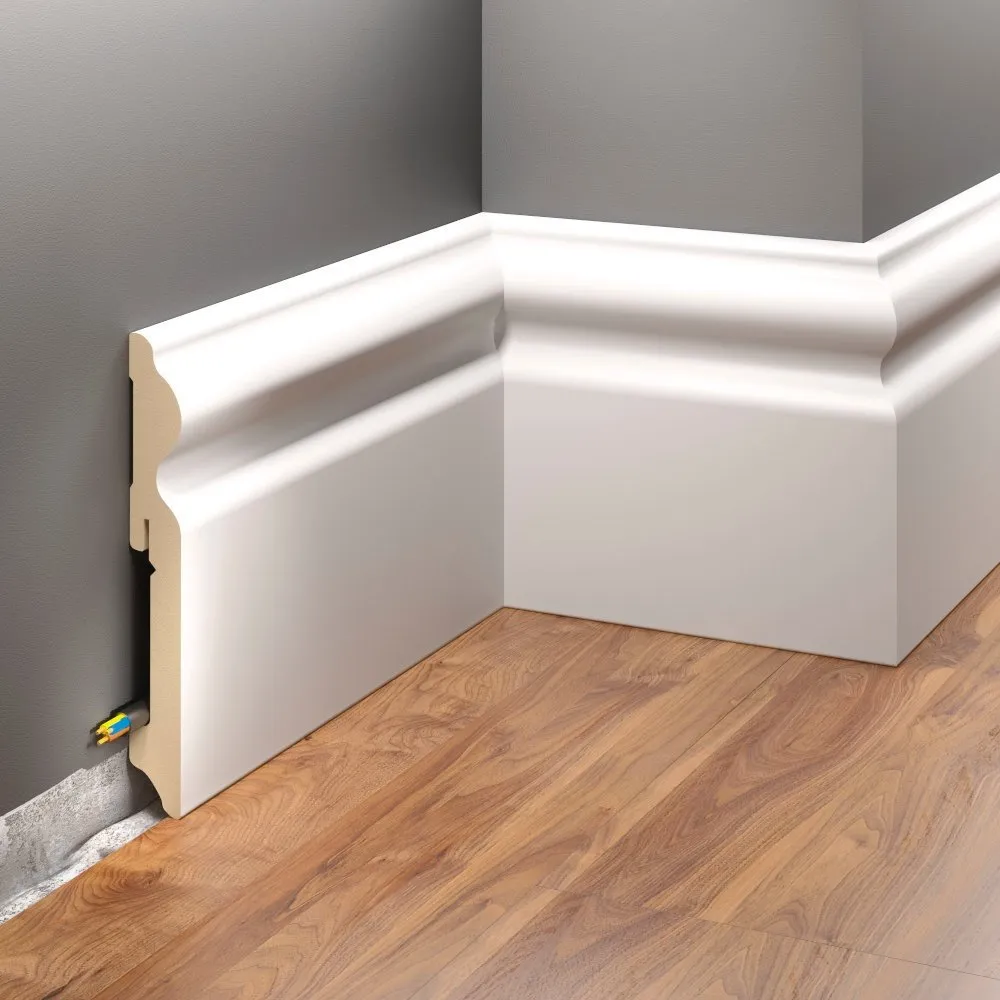Exploring the Latest Trends in Commercial and Industrial Flooring Solutions for Optimal Performance
The Importance of Commercial and Industrial Flooring Enhancing Functionality and Aesthetics
When it comes to commercial and industrial spaces, flooring plays a pivotal role in ensuring both functionality and aesthetics. The right choice of flooring can significantly affect the efficiency of operations, employee productivity, and the overall impression left on clients and customers. This article explores the various types of flooring options available for commercial and industrial settings, their benefits, and factors to consider when making a selection.
The Importance of Commercial and Industrial Flooring Enhancing Functionality and Aesthetics
In industrial settings, flooring must withstand much harsher conditions. Warehouses, manufacturing plants, and distribution centers often require flooring solutions that can handle heavy machinery, high foot traffic, and potential chemical spills. Options like epoxy flooring, polished concrete, and interlocking tiles are preferred in these environments. Epoxy flooring provides a seamless surface that is resistant to chemicals and easy to clean, while polished concrete offers durability and a modern aesthetic, requiring minimal maintenance over time. Interlocking tiles made from rubber or PVC materials are also popular due to their ease of installation and ability to absorb shock and reduce noise.
commercial and industrial flooring

One of the primary considerations when selecting flooring for commercial and industrial environments is safety. Slip resistance is critical, especially in areas prone to spills or moisture. Many flooring manufacturers offer solutions that meet safety standards, providing textures and finishes that enhance grip and reduce the likelihood of accidents. Additionally, the flooring should comply with local building codes and regulations regarding fire resistance and accessibility.
Another important aspect to consider is sustainability. As companies become more environmentally conscious, the demand for eco-friendly flooring options has risen. Many manufacturers now offer flooring made from recycled materials or sustainable resources. For example, carpet tiles can be produced using recycled plastics, and linoleum is made from natural materials like linseed oil and wood flour. By choosing sustainable flooring, businesses can reduce their carbon footprint and promote a greener workplace.
Furthermore, maintenance costs should be factored into the flooring decision. While some flooring types, such as hardwood, may offer an appealing aesthetic, they often require more upkeep than vinyl or concrete surfaces. Business owners should evaluate the time, effort, and expense associated with cleaning and maintaining their flooring choices.
In conclusion, the selection of commercial and industrial flooring is a critical decision that impacts not only the functionality of the workspace but also the overall brand image and employee morale. With a wide variety of options available, businesses must carefully assess their specific needs, budget, and aesthetic preferences. By prioritizing factors such as durability, safety, sustainability, and maintenance, companies can choose the right flooring solution that enhances both the environment and operations. Investing in quality flooring is not just a choice; it is a step towards fostering a productive and welcoming workplace.
-
SPC FlooringJun.24,2025
-
Bathroom Wall CoveringsJun.24,2025
-
Why Dry Back LVT Flooring Is the Smart Choice for Modern InteriorsJun.05,2025
-
Transform Your Interiors with Elegant Luxury Vinyl Flooring OptionsJun.05,2025
-
The Rise of SPC Vinyl Flooring: A Modern Solution for Durable and Stylish SpacesJun.05,2025
-
Click LVT Flooring: The Perfect Blend of Style, Strength, and SimplicityJun.05,2025




